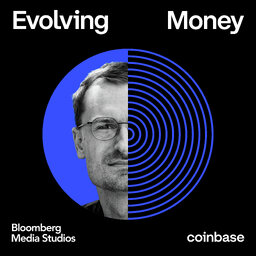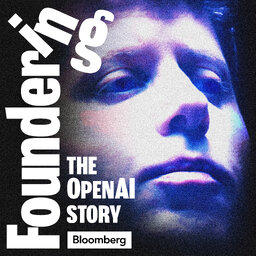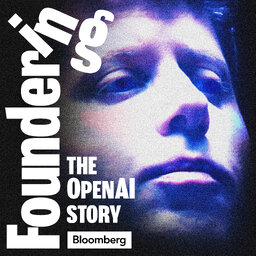WWDC Preview: A Conversation With Apple’s Former App Approval Chief
Apple's Worldwide Developers Conference is an annual pilgrimage for software developers whose businesses are built on the App Store. This week, Bloomberg Technology's Mark Gurman speaks to Phillip Shoemaker, the former head of app review at Apple who played a role in past WWDC conferences. They discuss the early days of the App Store and its place at the heart of Apple's nearly $50 billion-a-year services business.
In 1 playlist(s)
Foundering
Foundering is an award-winning, serialized podcast from the journalists at Bloomberg Technology. Eac…Social links
Follow podcast
Recent clips

Evolving Money: Rebuilding the Creator Economy (Sponsored Content)
18:29

OpenAI Part 5: Beware the Ides of November
47:50

OpenAI Part 4: Heaven and Hell, Part 2
21:59
 Foundering
Foundering